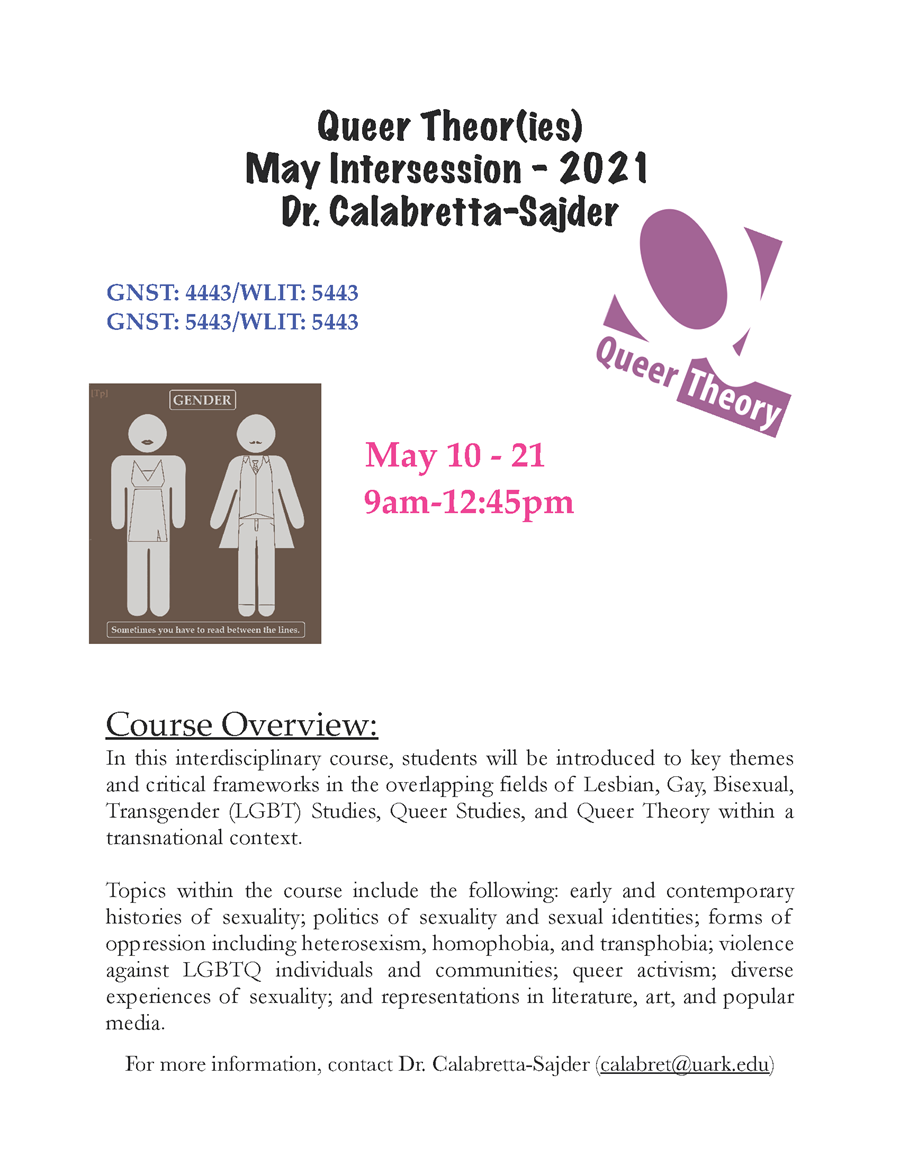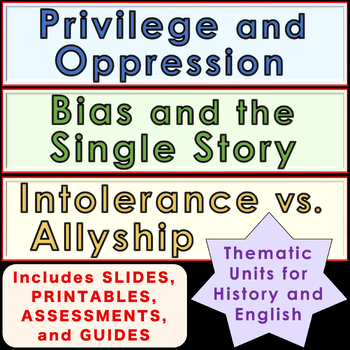Oppression is a multifaceted and complex issue that affects individuals and communities around the world. It can take many forms, including but not limited to racism, sexism, homophobia, transphobia, ableism, and classism. Oppression can manifest in both overt and subtle ways, and it often involves the use of power and privilege to systematically discriminate against and marginalize certain groups of people.
One key aspect of oppression is that it is often deeply ingrained in society, with various systems and institutions contributing to and reinforcing it. This can make it difficult for those who are oppressed to escape or challenge their circumstances, as they may be faced with barriers at every turn.
One example of oppression is racism, which refers to the belief that one race is superior to another and the actions that stem from this belief. Racism has had a profound and lasting impact on the lives of people of color, who have often been subjected to discrimination, segregation, and violence based on their race. This has resulted in significant disparities in areas such as education, employment, and health, with people of color often facing more challenges and barriers than their white counterparts.
Another example of oppression is sexism, which refers to the belief that one gender is superior to another and the actions that stem from this belief. This can manifest in a variety of ways, including but not limited to discrimination, harassment, and violence against women and gender non-conforming individuals. Sexism has had a significant impact on the lives of women and non-binary individuals, who have often been relegated to inferior roles and denied equal opportunities and treatment.
Homophobia and transphobia are other forms of oppression that affect LGBTQ+ individuals. Homophobia refers to the fear and discrimination of people who are attracted to the same gender, while transphobia refers to the fear and discrimination of people who do not identify with the gender they were assigned at birth. These forms of oppression can take many forms, including violence, discrimination in employment and housing, and lack of access to healthcare and other resources.
Ableism is another form of oppression that affects people with disabilities. It refers to the belief that people with disabilities are inferior to those without disabilities and the actions that stem from this belief. Ableism can manifest in a variety of ways, including but not limited to discrimination, lack of access to resources and opportunities, and negative attitudes and stereotypes about people with disabilities.
Classism is another form of oppression that affects people based on their social and economic class. It refers to the belief that people in higher social and economic classes are superior to those in lower classes and the actions that stem from this belief. Classism can manifest in a variety of ways, including but not limited to discrimination, lack of access to resources and opportunities, and negative attitudes and stereotypes about people in lower classes.
It is important to recognize and challenge all forms of oppression in order to create a more equitable and just society. This requires acknowledging and addressing the ways in which various systems and institutions contribute to and reinforce oppression, and working to dismantle them. It also requires actively advocating for and supporting marginalized communities, and standing up against injustice whenever and wherever it occurs.







